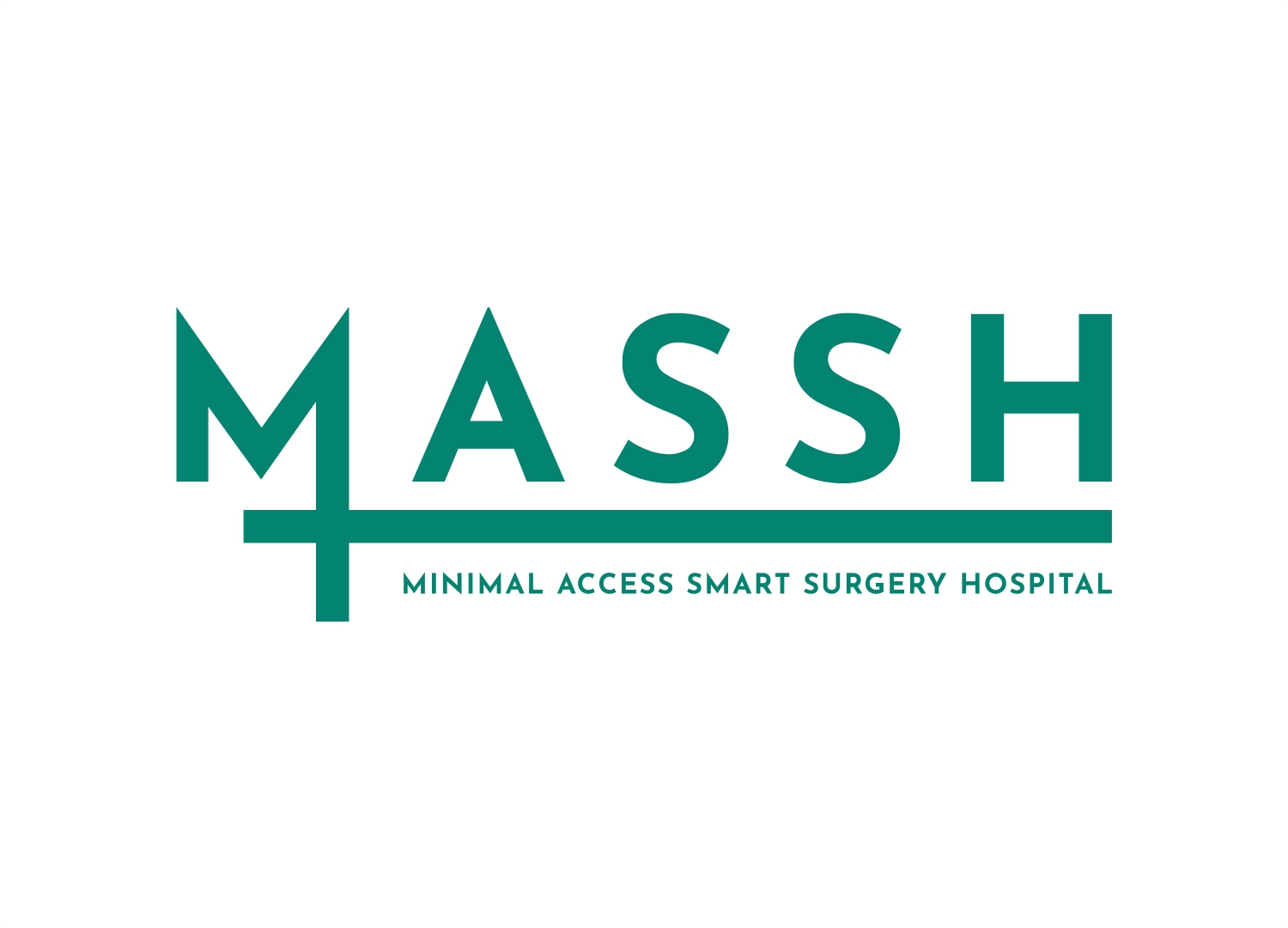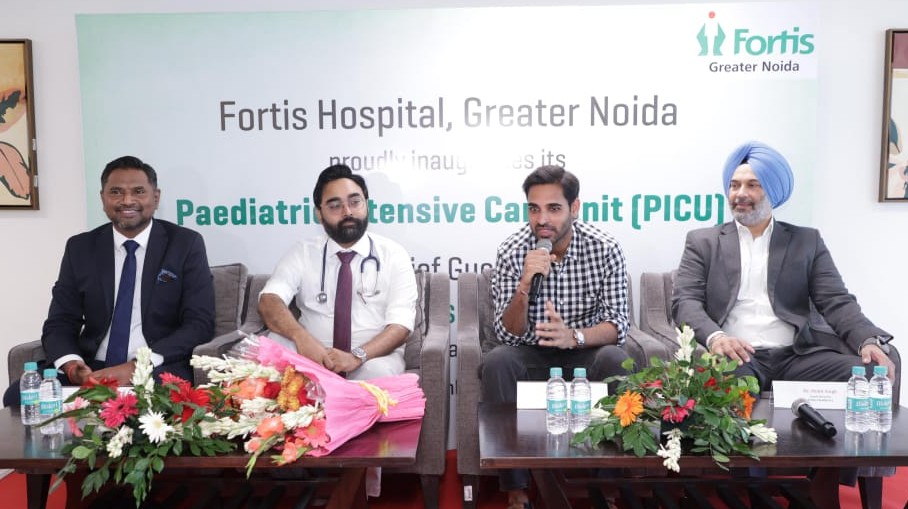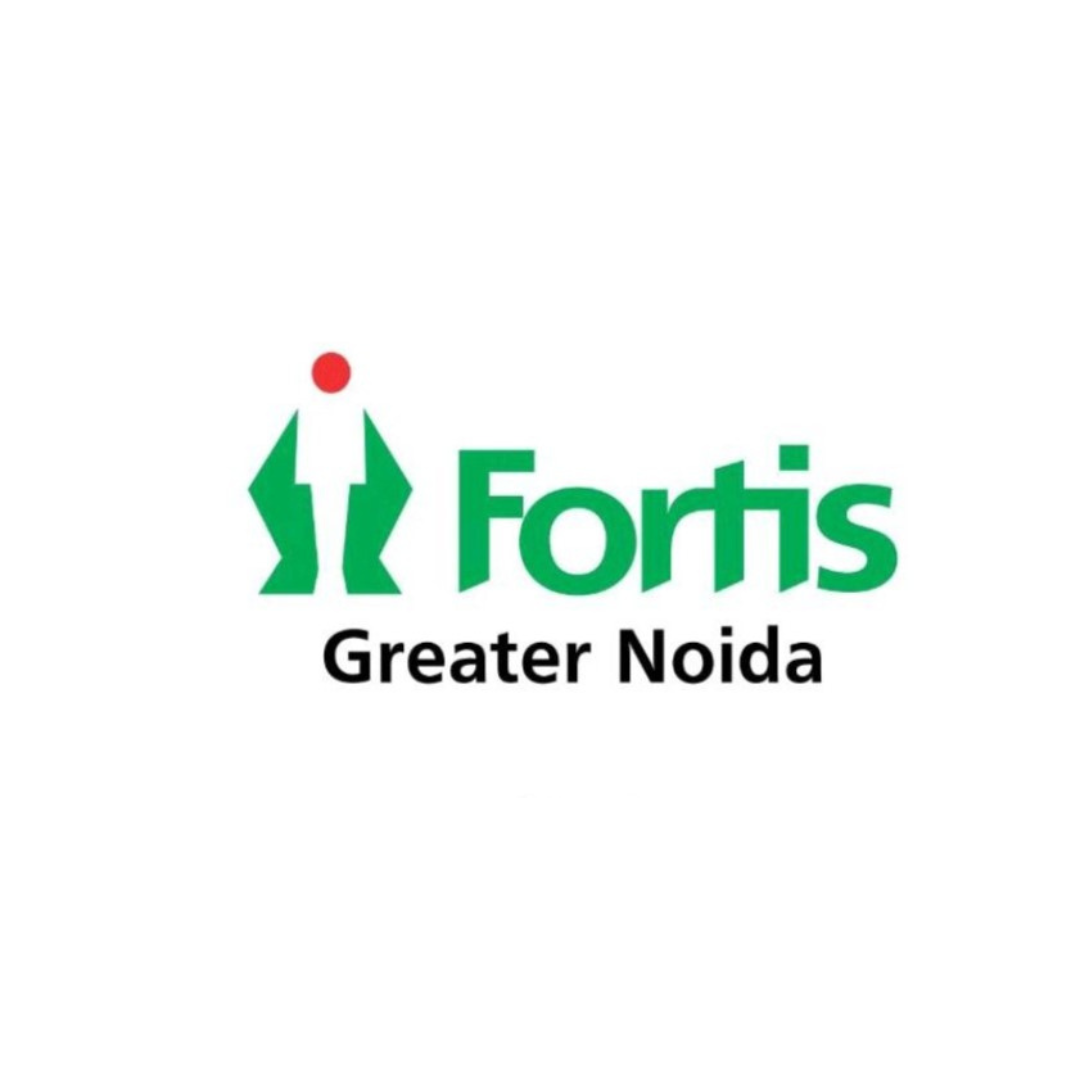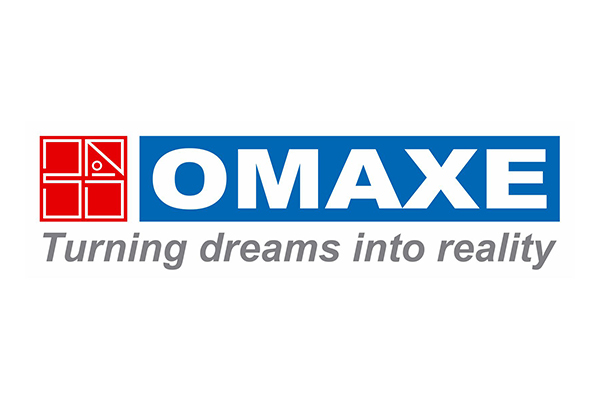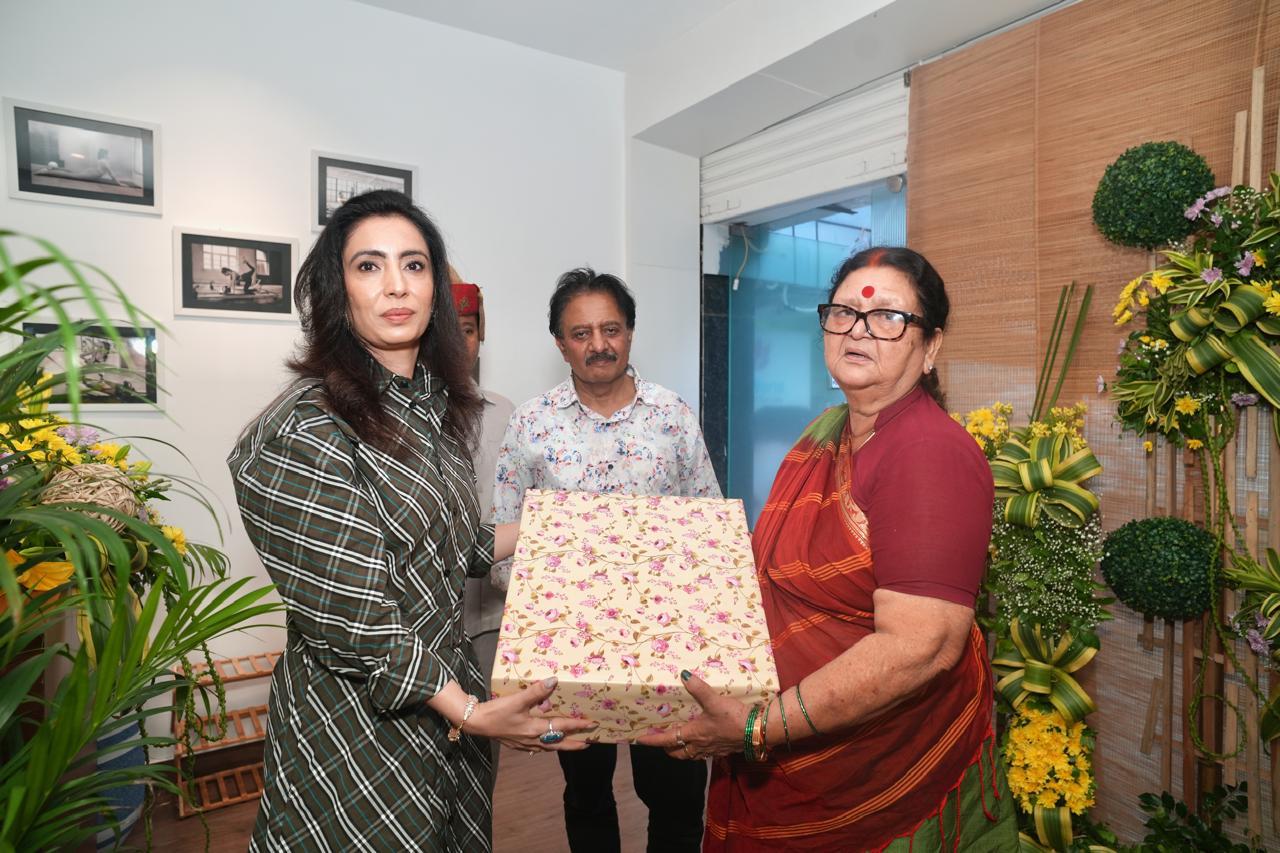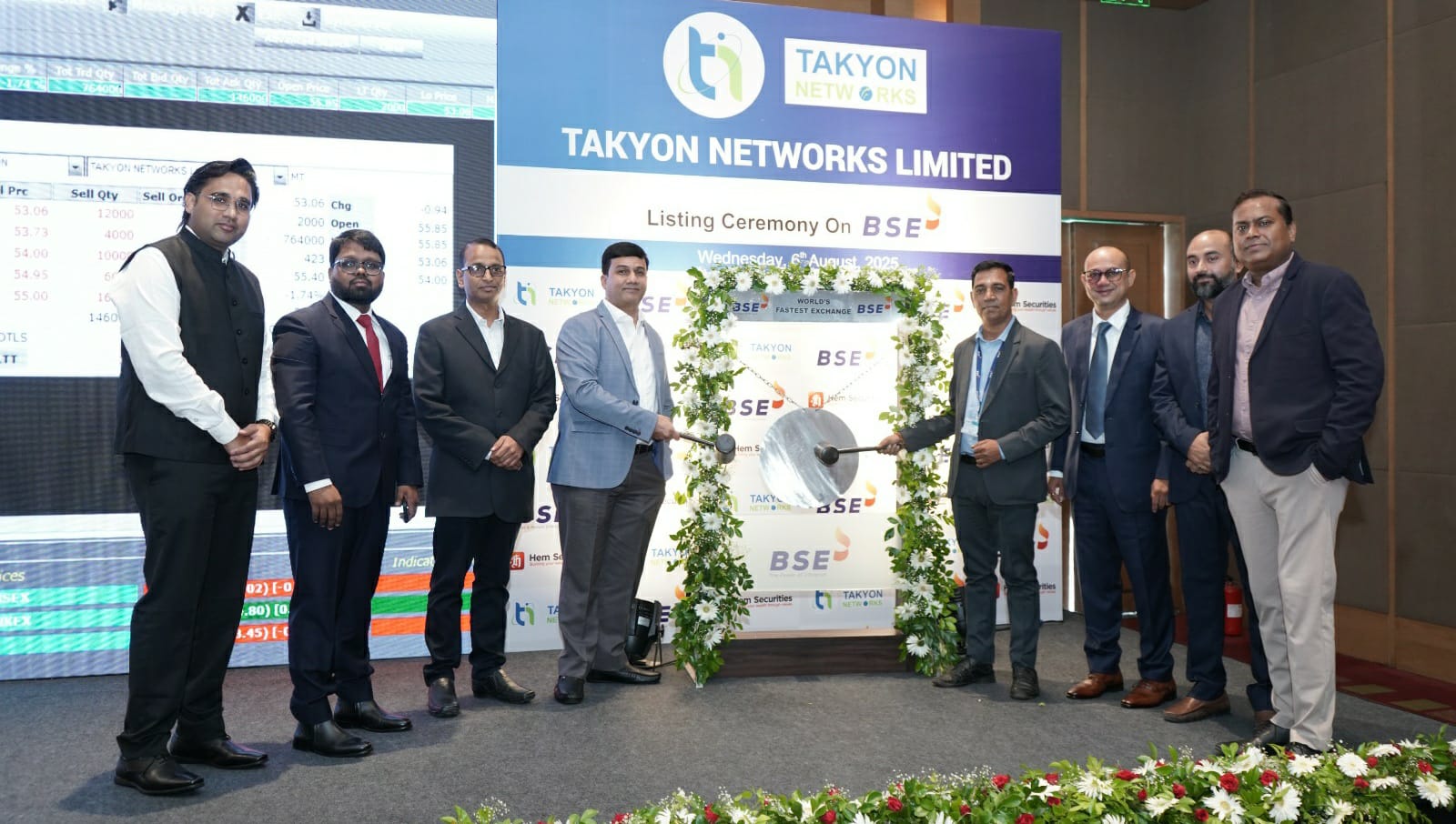MASSH Achieves Remarkable Surgical Milestone with 3D Laparoscopic Surgery for Rare Condition
New Delhi – In a groundbreaking medical achievement, the Minimal Access Smart Surgery Hospital (MASSH) in Nehru Place successfully performed a life-saving surgery on a 36-year-old woman diagnosed with a rare and complex medical condition involving both gall bladder stones and Portal Cavernoma Cholangiopathy (PCC). The surgery, carried out under high pressure due to the risk of gall bladder rupture, was completed in an impressive 49 minutes, thanks to the use of advanced 3D Rubina 4K Laparoscopic technology.
This case stands out as one of the rarest of its kind in the world. The patient’s condition involved a combination of gall bladder stones and Portal Cavernoma, a dangerous condition where the blood vessels around the gall bladder become enlarged, significantly increasing the risk of heavy bleeding during surgery. With only about 21 reported cases globally—12 of which are in India—this made for an extremely challenging and life-threatening situation, demanding swift and precise intervention.
The patient’s condition was critical, with a gall bladder stone lodged in the neck of the gall bladder, creating an urgent risk of rupture. This left the surgical team with little time to prepare. Dr. Sachin Ambekar, Director of the Minimal Access Surgery Department at MASSH, led the surgery and was taken aback by the rarity of the case. “In my years of experience, I’ve never come across such a combination. There are only a handful of documented cases globally. The imminent rupture of the gall bladder made it even more urgent, leaving us with limited time to act,” Dr. Sachin explained. “The stone was in the neck of the gall bladder, which made this an even more critical situation. Also, the patient didn’t have pre-existing liver disease, which is typically present in cases of PCC, making this case even rarer.”
The risks during the surgery were immense, particularly with the enlarged blood vessels around the gall bladder. Any accidental injury to these vessels could cause uncontrollable bleeding, a complication that is often seen in such cases. Given the difficulty of the situation, traditional laparoscopy was deemed too risky. Instead, the surgical team opted for the latest in surgical technology—a 3D laparoscopic system for enhanced precision. “We could not use conventional laparoscopy due to the engorged blood vessels,” Dr. Sachin said. “The 3D Rubina 4K system allowed us to navigate the intricate anatomy with greater accuracy, reducing the risks significantly and helping us to act quickly.”
Portal Cavernoma Cholangiopathy (PCC) results from chronic extrahepatic portal vein obstruction (EHPVO), which causes abnormal veins to form around the bile ducts, leading to bile duct thickening, fibrosis, and other complications. In this case, the condition was mass-forming, resembling a tumor, and could easily have been mistaken for cholangiocarcinoma—a form of cancer—making the diagnosis even more complex. Dr. Sachin emphasized the role of advanced imaging, particularly T2-weighted MRI, in distinguishing the mass-forming PCC from other serious conditions, which could have changed the course of treatment. “This imaging was crucial in differentiating the mass-forming PCC from other conditions like cholangiocarcinoma, which could have led to a completely different treatment approach,” he added.
The average surgical time for such complex cases is typically between 170 and 250 minutes. However, thanks to the precision offered by the 3D laparoscopic technology, Dr. Sachin and his team completed the surgery in just 49 minutes. "The surgery took just 49 minutes, a remarkable outcome made possible by the advanced 3D laparoscopic technology," Dr. Sachin noted. "This technology enhances the precision of the procedure, shortens surgical time, and reduces the risk of complications."
The surgery was a complete success, with no complications. The patient was able to go home the very next day, a testament to the effectiveness of the treatment and the minimally invasive nature of the procedure. Dr. Sachin is well-known in Northern India for his expertise in 3D laparoscopic surgeries, especially for gall bladder conditions. His pioneering work in this field has cemented his position as a leader, having performed the largest number of such surgeries in the region. “This success reflects the power of both technology and skilled surgery, combining precision and safety to deliver the best possible results for the patient,” Dr. Sachin remarked
Mr. Hanish Bansal, Executive Director at MASSH Hospitals, expressed his pride in the team's accomplishment and hospital's commitment to using the latest technology for complex cases. "MASSH continues to set new standards in the medical field by providing cutting-edge technology and expert care for some of the most difficult cases. Our team, led by Dr. Sachin, demonstrated exceptional skill and precision in this rare surgery, achieving a remarkable outcome for the patient," said Mr. Bansal.
This achievement by MASSH highlights the hospital's capability to handle even the most complex and rare medical conditions, ensuring the safety and recovery of its patients through advanced minimally invasive surgery techniques. The success of this surgery not only reflects the hospital's use of state-of-the-art technology but also its ability to handle the most critical and complex medical challenges with a remarkable level of expertise and care.

